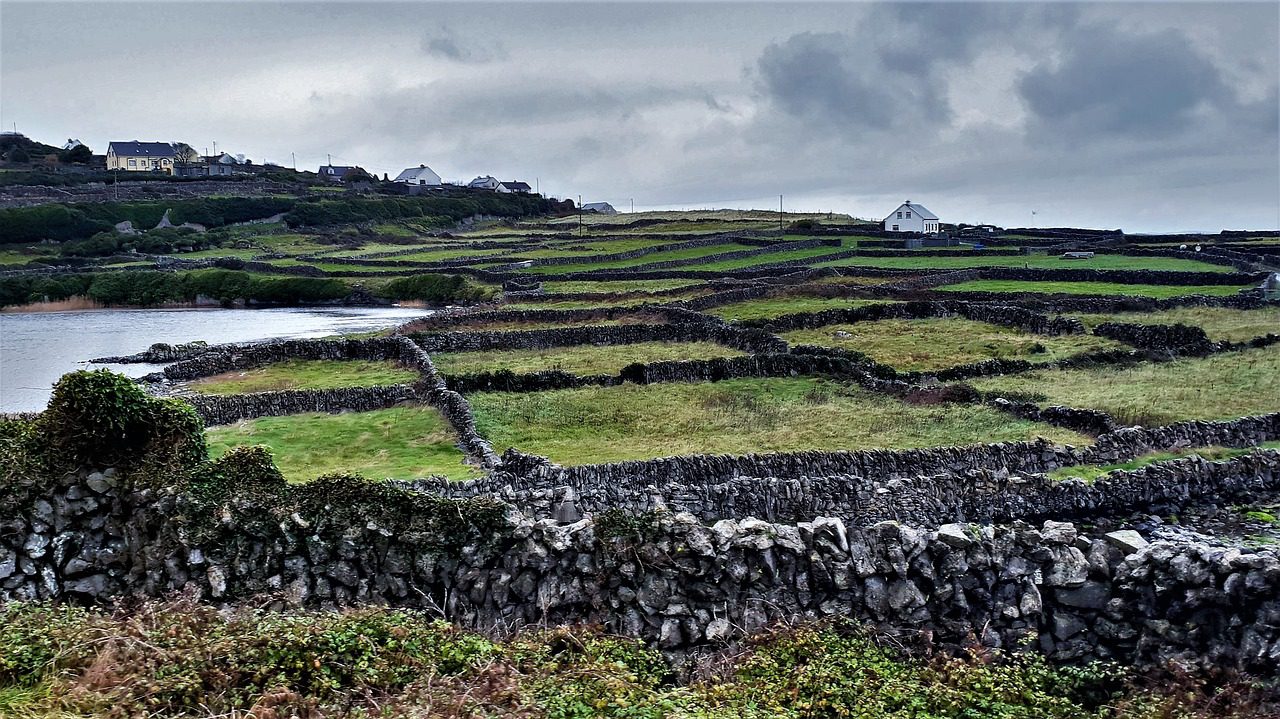Concerns have been raised that a draft government plan on cutting emissions in the transport sector would see the construction of rural housing discouraged through tax measures.
The Department of Transport has published a draft document titled Moving Together: A Strategic Approach to Improved Efficiency of the Transport System in Ireland, which makes several recommendations on how to reduce emissions in transport.
The document – which is set to be put to public consultation later this month – suggests that ‘brownfield’ developments – which have been built on previously – should be prioritised over ‘greenfield’ developments – which haven’t been built on – in the provision of housing.
The former type of development is generally found in or near urban areas, while the latter type is usually found in rural areas.
The draft document suggests “focused application of taxation measure” that would “underpin national planning policies and objectives relating to provision of 30% to 50% of new homes within and close to the existing ‘footprint’ of built-up areas as set out in the National Planning Framework”.
Reacting to the draft document – which was published this week – the Irish Farmers’ Association (IFA) said that the proposal is “totally unacceptable”.
Teresa Roche, the association’s national farm family chairperson, said: “The plans are completely unfair, and these plans will add further financial pressure on rural dwellers.
“People who wish to live in the countryside cannot be treated differently to people who wish to live in urban areas. These new plans are restricting ability of choice on where people chose to live.
“Such a move may mean further isolation for older people living in rural areas, if the option of family living nearby is restricted,” she added.
“The current planning system allows people to choose where they live and such discrimination cannot be allowed to be built into the planning system,” Roche said.
IFA national farm business chairperson Bill O’Keefe said that many farmers need to live on their farms for reasons such as efficiency, sustainability, and overall success of farming operations.
“People who wish to live in an urban area can be positively rewarded for doing so, but people who wish to live in rural areas should not be penalised,” he said.
The draft document has also drawn the ire of independent Laois-Offaly TD Michael Fitzmaurice, who called the suggestion of using tax to discourage rural housing “utterly preposterous”, claiming they would “further disenfranchise rural Ireland”.
According to Fitzmaurice, rural residents have a degree of “self-sufficiency”, and they contribute to development charges without demanding urban amenities like footpaths and streetlights.
“14,000 people are without a house…and many of our working youngsters have left for Australia, unable to afford a home here,” he said.
Fitzmaurice also drew attention to the upcoming local and European Parliament elections, saying that the prospect of policies, like the one suggested in the draft document, will damage the electoral prospects of the three government parties among rural voters.
“With local and European elections looming, the actions of these parties betray rural communities. We must ask ourselves if we support such policies that alienate the very fabric of rural Ireland.
“It’s time to challenge the status quo and advocate for policies that recognise the value and needs of rural communities,” the TD said.
He called for a “strategic rethinking” of housing policies, which would take account of sustainable practices that “respect rural Ireland’s unique characteristics and contributions to the national identity”.
